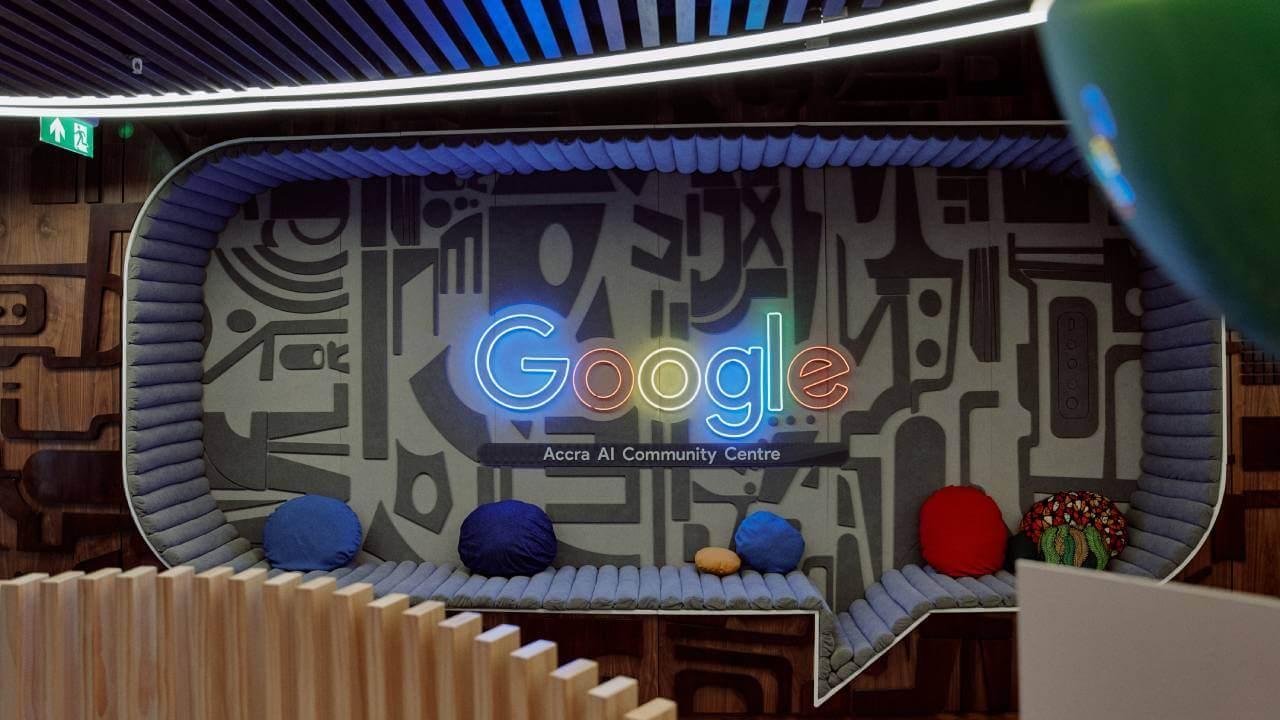Best Business Loans for Tech Companies in the US (2026 Guide to Fast Startup Funding)
Discover the top business loans for US tech companies. Compare SBA loans, startup financing, working capital lines of credit, and fast funding options for growth.

Accra, Ghana – August 2025 — Google has announced a $50 million investment into AI research across Africa, marking one of the largest commitments by a Big Tech firm to the continent’s emerging tech ecosystem.
The funding, unveiled at a major AI conference in Accra, Ghana, will support local AI labs, talent development, and applied research in high-impact domains such as food security analytics, climate data modeling, and multilingual language systems.
“Africa’s AI future isn’t just promising—it’s essential to the global AI conversation,” said James Manyika, Google’s SVP of Technology and Society. “This investment is about unlocking that potential responsibly and inclusively.”
Table of contents [Show]
The funds will be distributed through research grants, infrastructure support, and training programs. Google confirmed new or expanded AI research hubs in Nigeria, Kenya, South Africa, and Ghana—four of Africa’s fastest-growing tech markets.
Core focus areas include:
AI-driven agriculture & food security: crop forecasting and supply chain analytics.
Multilingual NLP: building models for 40+ African languages, addressing the underrepresentation of African dialects in global LLMs.
Climate & health data analytics: tools for early-warning systems and public health monitoring.
Responsible AI & ethics: research into policy frameworks to guide safe adoption.
The initiative comes as AI leaders look beyond Silicon Valley and Europe for new research frontiers. Africa’s advantages include:
A youthful, tech-savvy population.
Untapped data ecosystems in agriculture, energy, and finance.
Pressing real-world challenges—ripe for AI-driven solutions.
By funding local innovation, Google positions itself as a long-term ecosystem partner rather than just a platform provider—while also counterbalancing China’s expanding digital influence in Africa.
A highlight of the initiative is the development of multilingual AI models, with a focus on underrepresented African languages. These projects could drive breakthroughs in education, civic engagement, and customer service, while also supporting cultural preservation.
“If AI is to be truly global, it must speak all our languages,” said Dr. Amina Gakii, lead researcher at Google’s Nairobi AI lab.
As Microsoft, Meta, and OpenAI scale foundation models, Google’s Africa-first push signals that inclusion is now part of the AI race. Building regional capacity could cement Africa as a key player in the next wave of AI innovation.
Google outlined a two-year roadmap, including:
100+ funded student research positions.
Open-source African language datasets.
Regional AI workshops and summits.
Applied solutions in agriculture, climate, and health.
Google’s $50M pledge isn’t charity—it’s strategic positioning in one of the fastest-growing digital regions in the world. With AI poised to transform global economies, Africa’s inclusion is no longer optional—it’s inevitable.
By investing in talent pipelines, indigenous innovation, and purpose-driven research, Google is helping ensure Africa isn’t just AI-ready—but AI-leading.
Discover the top business loans for US tech companies. Compare SBA loans, startup financing, working capital lines of credit, and fast funding options for growth.
Explore the top startup grants in the US and Europe for 2026, featuring equity free funding opportunities, government backed programs, and innovation grants designed to help high growth startups scale faster without giving up ownership.
Stop leaking sensitive data to cloud AI. This 2026 guide covers everything you need to deploy private LLMs locally, including hardware specs for RTX 5090 and M4 Ultra, security hardening, and high-performance cloud alternatives.
Don't spend $5,000 on hardware yet. Use this link to get $300 in Free Vultr Credit.
Deploy an NVIDIA A100 or H100 in 60 seconds and test your local LLM architecture for zero cost.
CLAIM $300 FREE CREDIT NOW